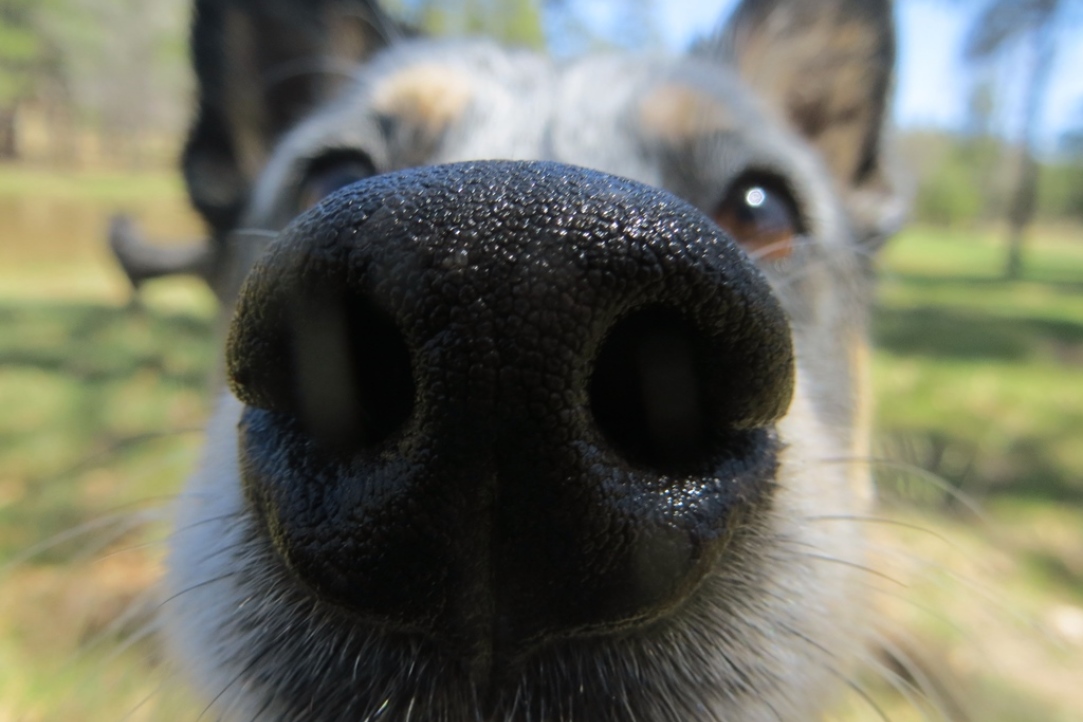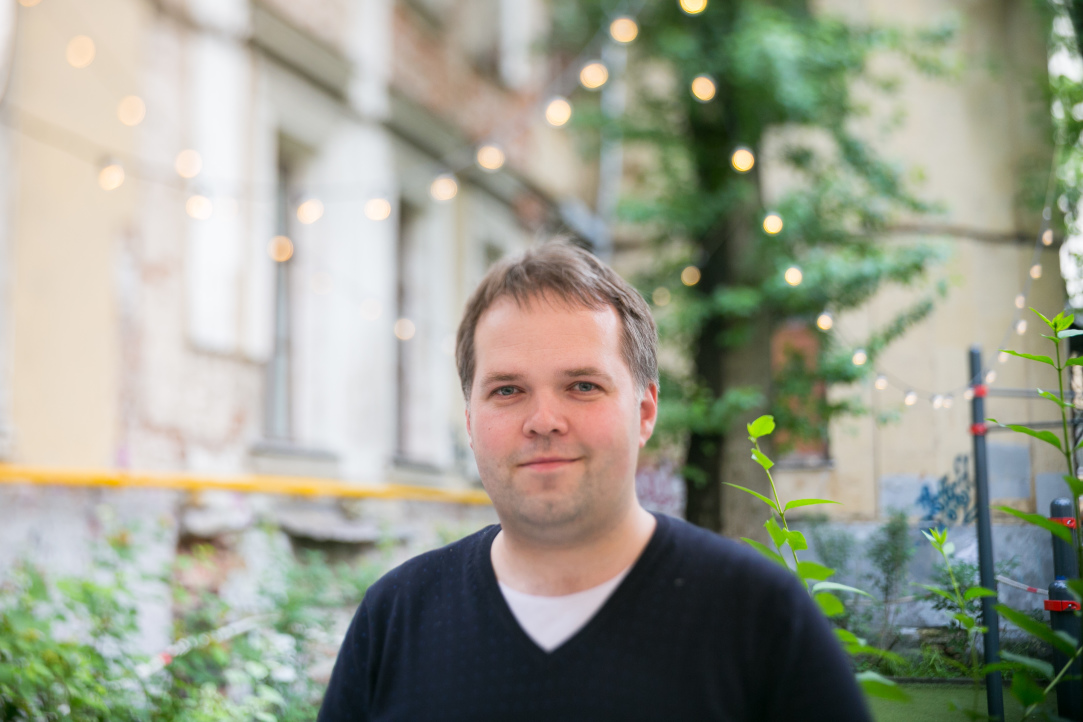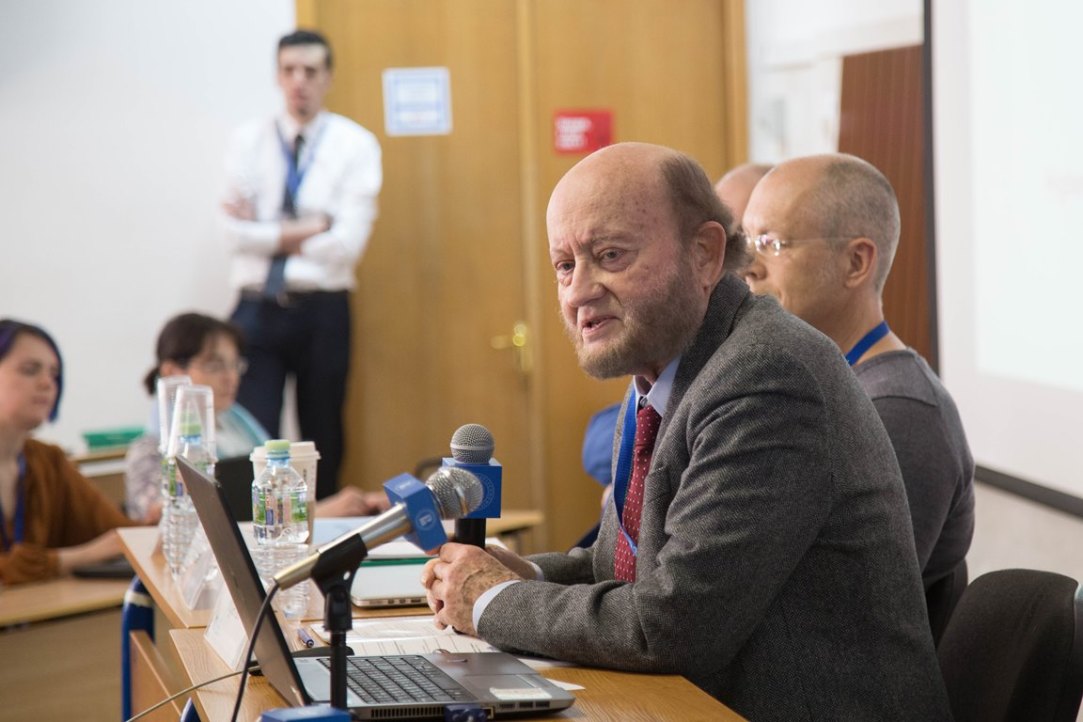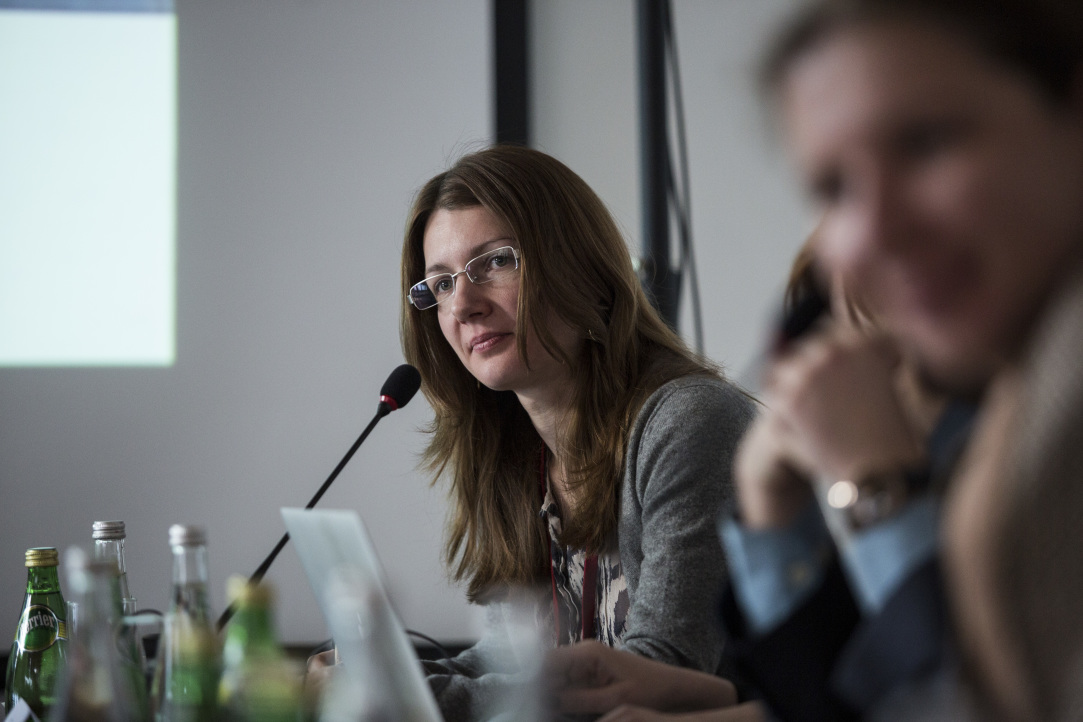HSE Book Series Published by Springer
Springer, one of the world's leading publishers of scientific literature, has launched a new book series, entitled ‘Societies and political orders in transition’. The series has been initiated by the HSE Faculty of Social Sciences, and three HSE representatives are members of the series International Advisory Board, with the other four members coming from universities in Germany, UK and the USA.

HSE Researchers Use Neural Networks for Odour Recognition
Researchers from the HSE Laboratory of Space Research, Technologies, Systems and Processes have applied fast-learning artificial intelligence to odour recognition andpatented a handy electronic-nose device capable of recognising the olfactory patterns of a wide range of chemicals. In addition to discriminating between different gas mixtures, the electronic nose will be able to capture and memorise new smells. According to HSE scientists, the product of their research is likely to benefit both security services and members of the public.
Article by HSE ISSEK Researchers Appears in Encyclopedia of Information Science and Technology
ISSEK staff members Gulnara Abdrakhmanova, Leonid Gokhberg, and Alexander Sokolov have written a chapter – ‘Indicators of Information and Communication Technology’ – for a 10-volume set of the Encyclopedia of Information Science and Technology, edited by Mehdi Khosrow-Pour (Information Resources Management Association, USA). This publication came out in July 2017.

HSE Researchers Receive a Grant to Search for New Physics
A team of researchers from the HSE Laboratory of Methods for Big Data Analysis (LAMBDA) has won a contest held by the Presidential Research Funding Programme. Researchers with the laboratory are developing a system of algorithms that will help physicists look for new particles in the Large Hadron Collider.

VTB Starts Funding Comparative Social Research at HSE
This year VTB is launching the Endowment for Comparative Social Research at HSE. The endowment will make it possible to invest 10-20 million roubles in research each year. The exact amount will depend on trust management of the endowment assets, implemented by VTB Capital Investment Management.

Shaping the Urban Environment through Public Discussions
Vysokovsky Graduate School of Urbanism at HSE is regularly holding events and activities open to the general public. Deputy Dean Vera Leonova told The HSE Look about the goals of such open projects, benefits of collaborations and future plans of the school.
HSE Research Teams to Receive Russian Science Foundation Grants in 2017
The Russian Science Foundation has announced winners of its latest grant competition to support basic scientific research and exploratory scientific research conducted by research teams.
Interdisciplinary Seminar of the Strategic Academic Unit 'Mathematics, Computer Science, and Information Technology'
A regular research seminar aimed at sharing the results of research conducted as part of of the Strategic Academic Unit ‘Mathematics, Computer Science, and Information Technology’ and determining prospective interdisciplinary fields was recently held at HSE. This seminar will be organized regularly by different departments within the Strategic Academic Unit.
Social Demand for New Technologies
Russians turn out to be rather conservative in their perception of new technologies, innovative products and services, and willingness to use. That was discovered in the course of a survey conducted by the ISSEK experts in the scope of the Monitoring Innovative Behaviour of the Population study (2015-2016). The results are presented in the current issue of the Science, Technology and Innovation newsletter.
.jpg)
Motor Cortex Influences Word Comprehension
Researchers from HSE, Northumbria University, and Aarhus University have experimentally confirmed the hypothesis, whereby comprehension of a word’s meaning involves not only the ‘classic’ language brain centres but also the cortical regions responsible for the control of body muscles, such as hand movements. The resulting brain representations are, therefore, distributed across a network of locations involving both areas specialised for language processing and those responsible for the control of the associated action. The results have been published in the journal Neuropsychologia.
